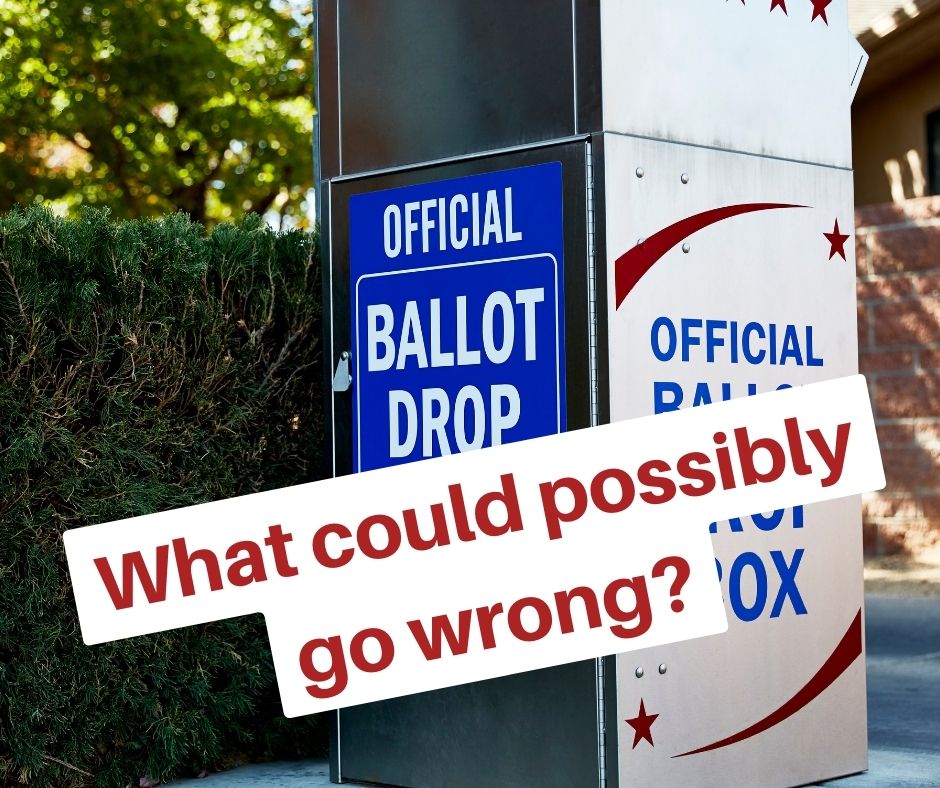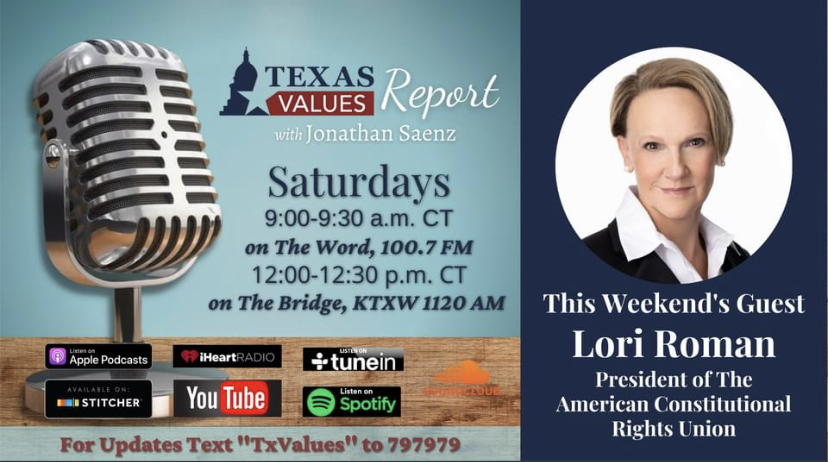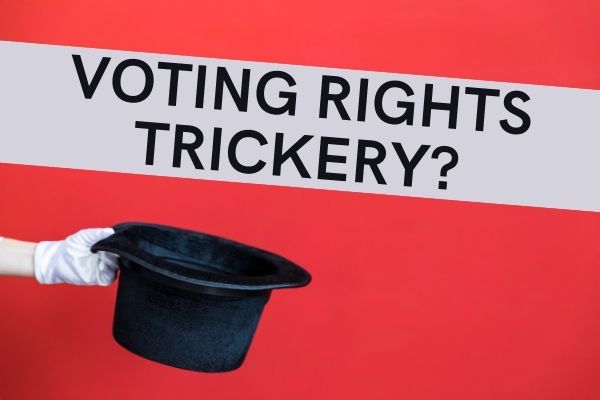JASON SNEAD: America’s Electoral System Is Suffering From A Credibility Crisis
Defying all predictions of a photo finish senate race, Pennsylvania Democrat John Fetterman won 50.3% of the vote to Republican Dr. Mehmet Oz’s 47.3%. The unexpectedly large margin helped avoid a midterm meltdown. But don’t be deceived; that margin masks major electoral system dysfunction that remains unaddressed.









